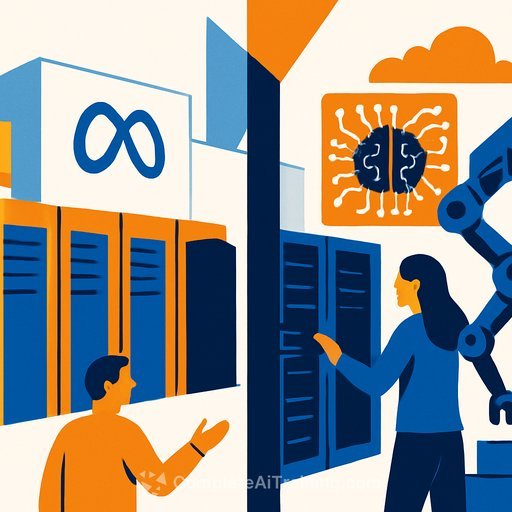Trust, Transparency, and AI: A Clear Vision for Finance's Future
Artificial intelligence is increasingly present in finance, transforming how operations run and how performance is measured. Yet, AI doesn’t replace the empathy and listening skills that financial advisors provide. The future of finance lies in blending AI's capabilities with human insight, grounded firmly in trust.
A Solid Ground for AI Adoption
Finance—covering banking, insurance, and asset management—has always depended on large datasets and statistical models. This makes it a natural fit for AI applications like risk assessment, personalized offerings, and automating routine tasks. Still, AI integration is at an early stage.
Organizations are adopting strategic, disciplined approaches to AI. Its effects are visible in coding, customer service, and internal workflows, but broad adoption is yet to come.
Responsiveness: AI’s Key Advantage
One reason AI use is growing is its speed. For example, in smartphone insurance, AI can diagnose common issues and deliver solutions in under five seconds. This kind of responsiveness meets urgent customer needs effectively.
However, AI’s role is limited when decisions involve significant financial or emotional weight, such as retirement planning or family investment projects. These require more than data—they require understanding.
Investment: A Personal Act Demanding Trust and Transparency
Investing isn’t just about numbers—it’s about life goals. Customers seek more than returns and risk assessments; they want personalized advice, empathy, and clarity.
Achieving this requires three essentials:
- Data security: Protecting sensitive personal and family information is critical.
- Transparent decision-making: AI-driven recommendations must be clearly explained to clients.
- Emotional understanding: Algorithms can’t grasp personal or cultural nuances that affect financial choices.
Trust emerges from combining AI’s accuracy with human emotional intelligence.
The Hybrid Model: Responsible Finance’s Future
AI offers speed, precision, and computing power. Humans contribute empathy, intuition, and the ability to interpret beyond data. Maintaining a human connection is essential, even as AI automates many processes.
Clients must always have access to real people, ensuring that emotional support and understanding remain central. The challenge is to balance AI’s capabilities with human attention, preserving what machines can’t replicate: genuine relationships.
For those in finance interested in how AI can enhance their skills without losing the human touch, exploring focused AI courses can provide valuable insights and practical tools. Check out AI tools tailored for finance professionals to learn more.
Your membership also unlocks:





